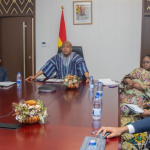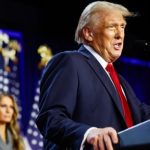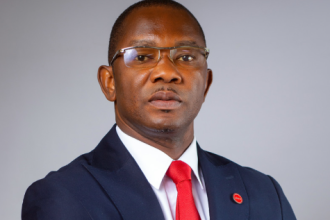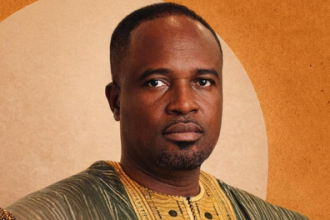Despite the many challenges that confront us as a nation and people, never should we accept or welcome the news of a coup. However, alluring as it may get, we should tread cautiously. The scares of the revolution remain fresh in the minds of many.
At a time of increasing economic hardships on the people of Ghana, wanton dissipation of state funds, poverty, and deprivation with many of our compatriots, countrymen and women having no access to basic social amenities, we must however not lose sight of how far we’ve come as a nation.
Despite her many failures, Ghana remains one of the very few countries that remain peaceful in the Sub-region.
This penchant of romanticizing about coups and the abrogation of the constitution clearly comes from a place of deep-seated ignorance, misguided beliefs, and misplaced bravado.
Despite the many challenges of the 1992 constitution, it has delivered 8 general elections, many of which were peaceful, 3 successful handing over of power from the incumbent to the opposition, with clear provisions on seeking redress in instances of dispute.
I agree the constitution must be reviewed, not abrogated. I believe that articles like 71, 78, 243, etc must be reviewed. No special financial arrangement for public sector workers, parliaments must have their true independence and stop serving as conduct to catch the Executive president’s eye for ministerial appointments. Also, if Ghanaians are sound enough to elect their president and MPs, I think the same must apply for their MMDCEs.
Regional blocs like the ECOWAS AND AU must be bold and call their peers to order when they seek to re-engineer their constitutions to hold on to power. The regional blocs must be proactive, and not reactive in the affairs of the continent. ECOWAS for example needs a standing West African force to nip such acts in the bud. Suspension and sanctions are simply not effective.
Again, Africa’s peace, security and governance norms, and instruments will increasingly be tested by complex challenges. Reports from early warning systems and civil society organizations often correctly predict governance failures. Without a political commitment to conflict prevention, the AU and regional organizations will increasingly react rather than pre-empt crises. It then becomes politically expedient to condemn a coup rather than take bold political steps to address the causes of social discontent.
Because in the absence of a more holistic concept of democratic governance, banning unconstitutional changes of government risks being misconstrued as a bonus for sitting presidents who want to stay in power. The challenge for the AU and regional organizations is to build bridges with civil society and develop effective capacity to prevent political crises.
I hope and pray that the lessons will not be lost on current leaders on the continent, that, you cannot always have your way.
The current leaders must assiduously work to better the lives of the people through harnessing the enormous natural and human resources on the continent. African leaders must respect term limits. The obstinacy in our politics must be exorcised and may we, Africa, say “Corruption where is thy sting”
May Africa be great.















